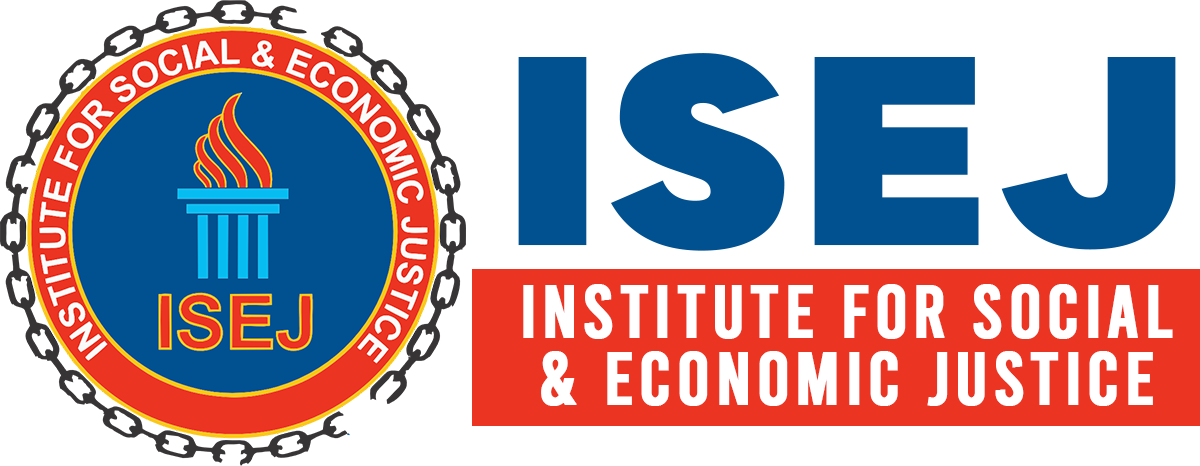(By Abdul Khaliq)
$ 3 billion profit should be used for debt relief to poor countries, and not to spiff up IMF headquarters or stash away in a rainy day fund.
The International Monetary Fund will decide on fate of $ 3 billion profit from gold sales in its forthcoming meeting, going to be held on 15-17 April 2011 in Washington. The IMF has almost $3 billion spare after selling its gold assets at a high price and making a ‘profit’ from the financial crisis it helped to create. As the Fund recently completes the sale of 403.3 tons of gold, reaping record profits, the world’s poorest countries are continue to suffer the aftershocks of multiple crises. These countries are still seeing debts increase due to disasters and global economic crisis. Tens of millions of people have been pushed into extreme poverty and poor country governments been forced to increase their debt burdens through no fault of their own.
The profits from IMF gold sales already more than cover the IMF’s operational and administrative budget needs. This is high time for the civil society to shout at the IMF board of Governors, telling them to drop poor countries debts with gold windfall. Therefore, it is not unreasonable to suggest that the excess windfall profits be directed to help the world’s poorest countries. The recent global financial crisis has already led to a boom in IMF lending; resulting in a bumper expected ‘profit’ of $500 million this year alone. Thus IMF is doing well out of the economic crisis it helped to create and no more in need of further funds for administrative cost.
IMF was in severe financial crisis in 2007. It is back from almost dead. Income from the interest charged on the money it lends had dried-up. The governments which run the international institution decided to sell its gold assets, and invest the proceeds to get a new income. The process of gold sale has just finished, and with prices reaching record high, the IMF has a windfall of almost $3 billion. This is huge amount and needed to be spend for unconditional debt relief to poor countries, preferably to those hit by natural disasters. In recent years disasters and the economic crisis have forced many poor countries into debt through no fault of their own. Sierra Leone’s debt to the rest of the world has doubled. In 2011, more of the government’s revenue will be spent on debt repayments than is spent on healthcare. These countries are in urgent unconditional financial assistance
For instance Pakistan’s external debt is also jumped up rapidly. After securing Stand By Agreement (SBA) worth $ 11.3 billion with IMF in Nov 2008, the total external loans soared to $58 billion in September 2010. Pakistan is paying about $ 3 billion at average every year under debt servicing to foreign creditors. However, for FY 2010 the debt servicing target is much higher of $ 5. 46billion. This ratio will further shoot up in 2014, when rescheduled loans will be back in action, amassing the debt burden to $ 75 billion. Even counting the average debt servicing of $ 3 billion per annum, Pakistan pays Rs. 700 million daily and Rs. 300 million every hour to foreign creditors. Pakistan debt situation further worsened with the last year super floods. The country needs grants for recovery and reconstruction process in flood-hit areas. But in the wake of paucity of required funds and non-materialization of donors’ pledges, the rehabilitation process is in doldrums, risking future of millions of needy families.
 When poor countries like Pakistan and Haiti face natural disasters and many other developing countries are forced to bear external shocks that threaten their vulnerable populations and long-term development, they definitely need debt relief without harmful conditions. The best utilization of excess windfall in gold sale profits is, therefore, to direct the amount for much-needed debt cancellation.
The IMF board discussions on the use of excess money generated through sales of gold reserves are awaited in Washington on 15-17 April. However, reliable sources have indicated that discussion on the use of excess profits will be likely to centre on directing the amount to IMF new income model or keeping them as reserves. It would be highly condemnable if IMF goes for this kind of option, ignoring demands by civil society groups. In early April, more than 50 international and national civil society organizations called on the IMF board to direct “all excess windfall profits from gold sales to fund debt cancellation and/or non-debt creating assistance for poor countries.â€
The anti-debt campaigners across the globe have strongly urged the IMF that instead of plans to use gold sales profits for IMF bureaucracy, the amount should be allocated for debt cancellation to poor countries in need. Too many poor countries find themselves taking on new debt in the wake of natural disasters or other external shocks such as the global financial crisis. Again Haiti and Pakistan are examples; both countries are being pushed to borrow more loans for recovery and reconstruction process after hitting by natural disasters last year.
The debt campaigners are of the view that IMF does not need these funds for its administrative budget or for increased lending capacity. â€The IMF’s finances are in much better shape than before in 2007. Yet, the world’s poorest countries face potential starvation with food prices hiking again, plus mounting debts due to natural disasters or financial crisis caused by western banks. The moral choice is clear:
The IMF should use these assets to help the poorest, not to spiff up its headquarters or stash away money in a rainy day fund. With the World Bank estimating more than 44 million people have already been pushed into extreme poverty due to rising food prices, the poorest countries desperately need the help, and they need it in a way that doesn’t fuel a new debt crisis.â€





